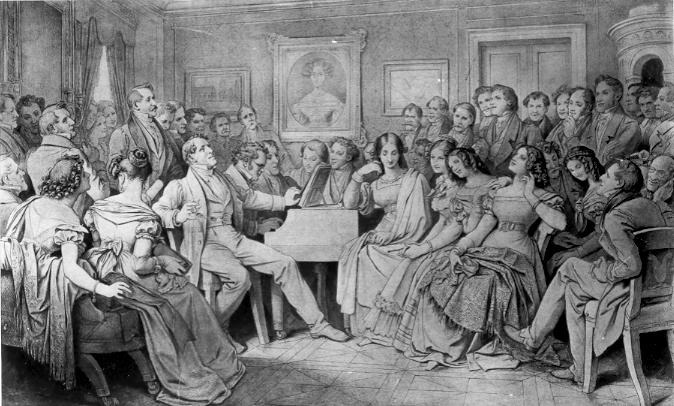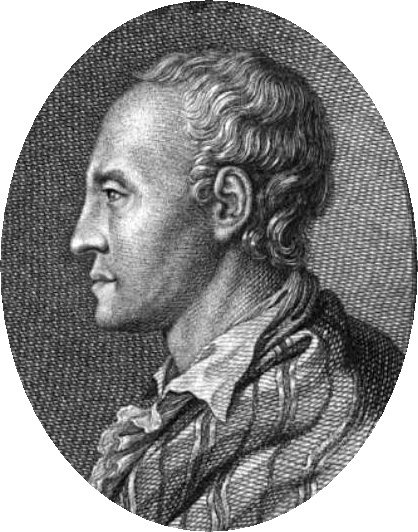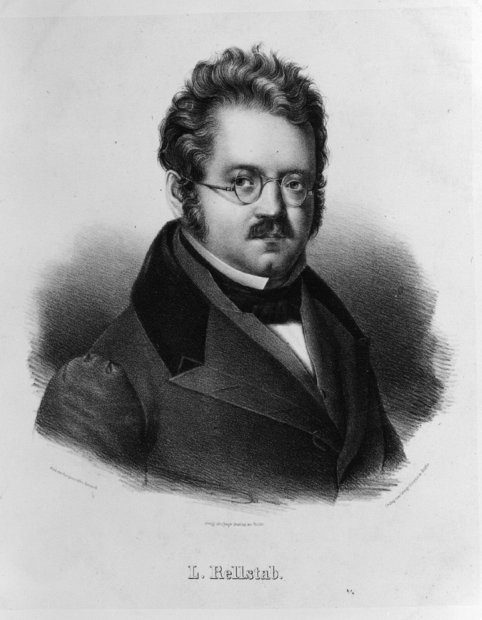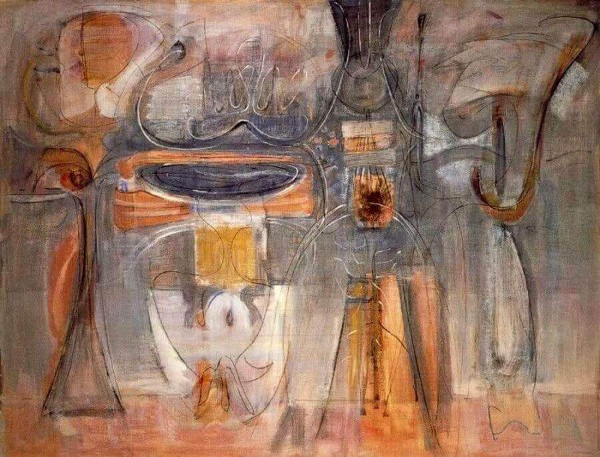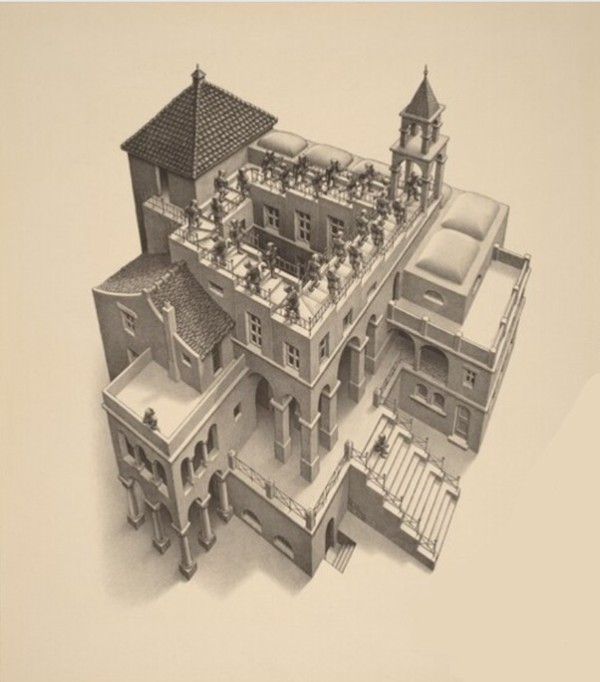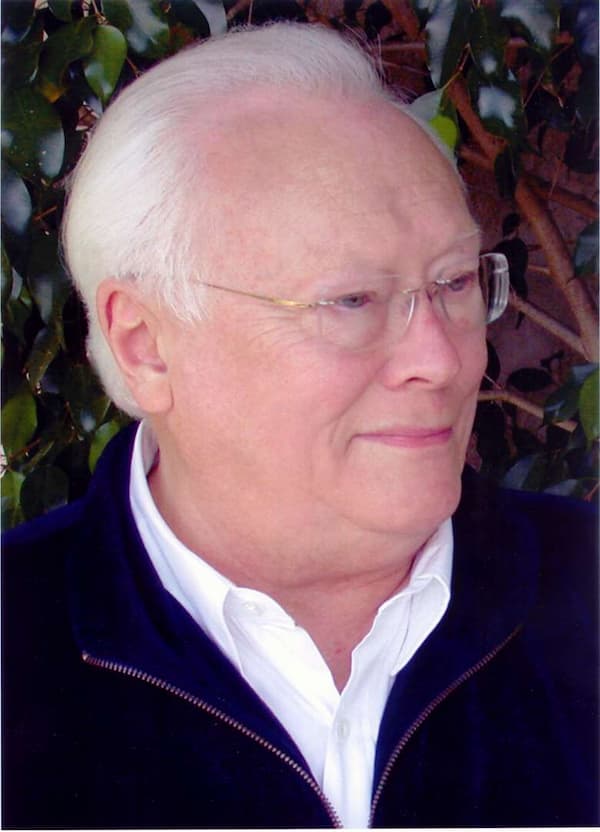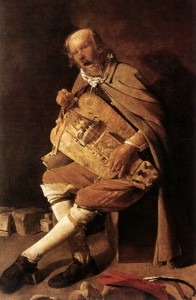
Georges de La Tour: The Hurdy-Gurdy Player
The cycle is about lost love: the poet leaves the beloved’s house in misery, has a rebirth of hope, and then ends in loneliness and despair. The mood throughout is somber and dark. We are in the depths of the cold and dark of winter (the cycle’s title means ‘Winter’s Journey’) and in the midst of heartbreak and despair. Müller’s poetry gives Schubert a lot to work with and he makes the most of what is there. He uses the piano to express the poet’s moods and for environmental sounds: the wind, a rushing storm, water, dogs, a posthorn, and, at the end, a hurdy-gurdy.
Schubert: Winterreise, Op. 89, D. 911: 1. Gute Nacht (Ian Bostridge, tenor; Leif Ove Andsnes, piano)
13. Die Post
24: Der Leiermann

Swan
Schubert: Schwanengesang, D. 957: 1. Liebesbotschaft (Thomas Oliemans, baritone; Malcolm Martineau, piano)
13. Der Doppelgänger
14. Die Taubenpost
Schubert’s song settings changed the German lied forever. He made emotion a requisite for the singer and not simply a vehicle for the poet’s words. He brought the piano into the song as an active character that offers commentary on the words, provides the background sounds, or is the vehicle for the poem’s sensibilities. Lieder are no longer simple strophic setting of words, but complex realisations of the poem’s / poet’s feelings and hopes. When Schubert died at age 31, he left a legacy of over 600 songs, 7 symphonies, sacred music, operas, incidental music, and a large body of chamber and piano music. During his life, he and his music were really known only to his friends in Vienna but over the past 2 centuries, he has been come known everywhere and is rated as one of the greatest composers of the late Classical / early Romantic era.


